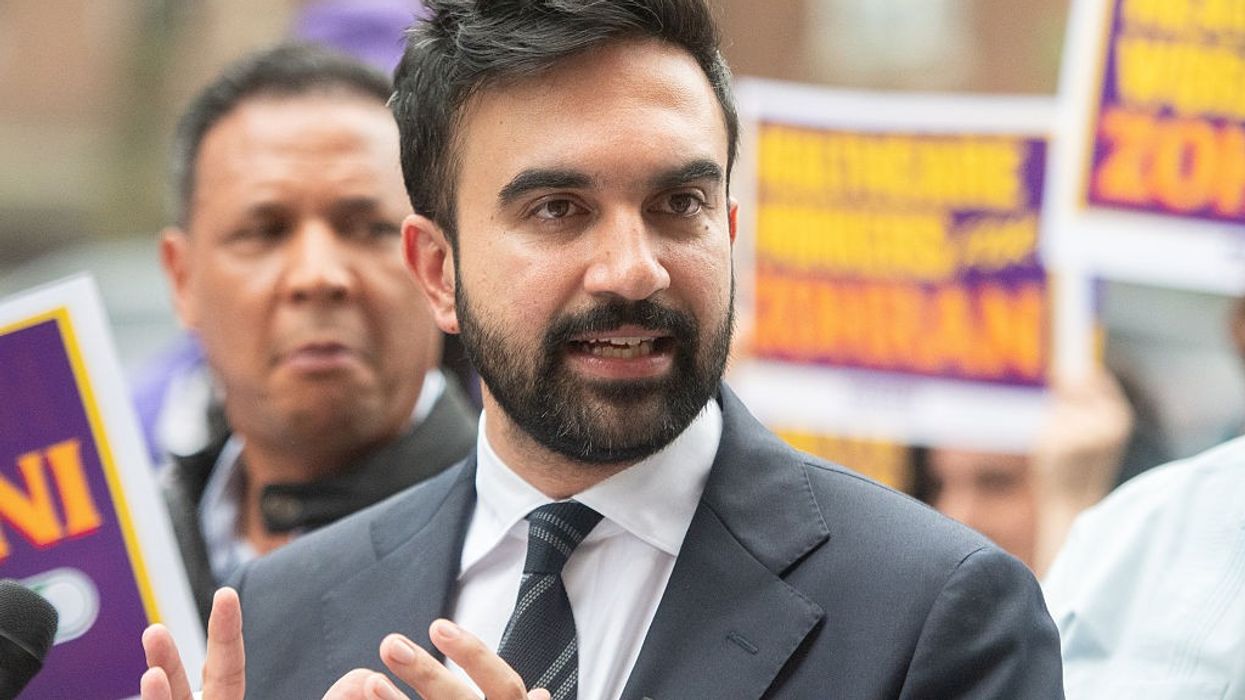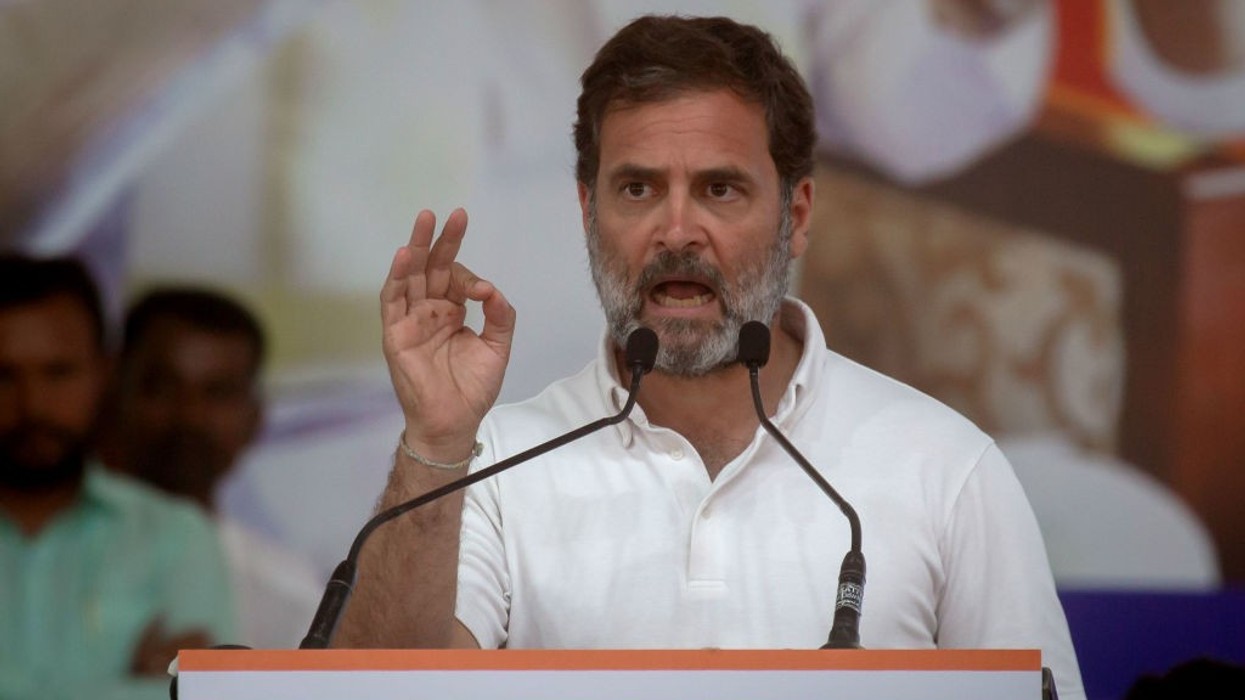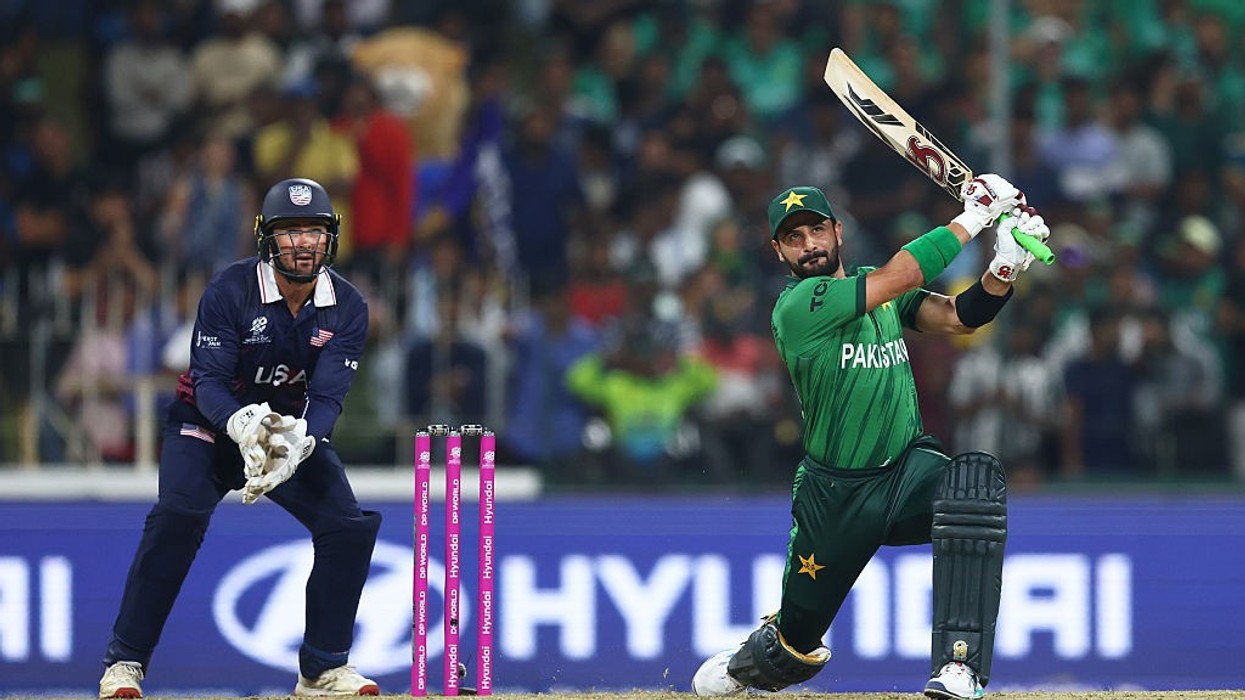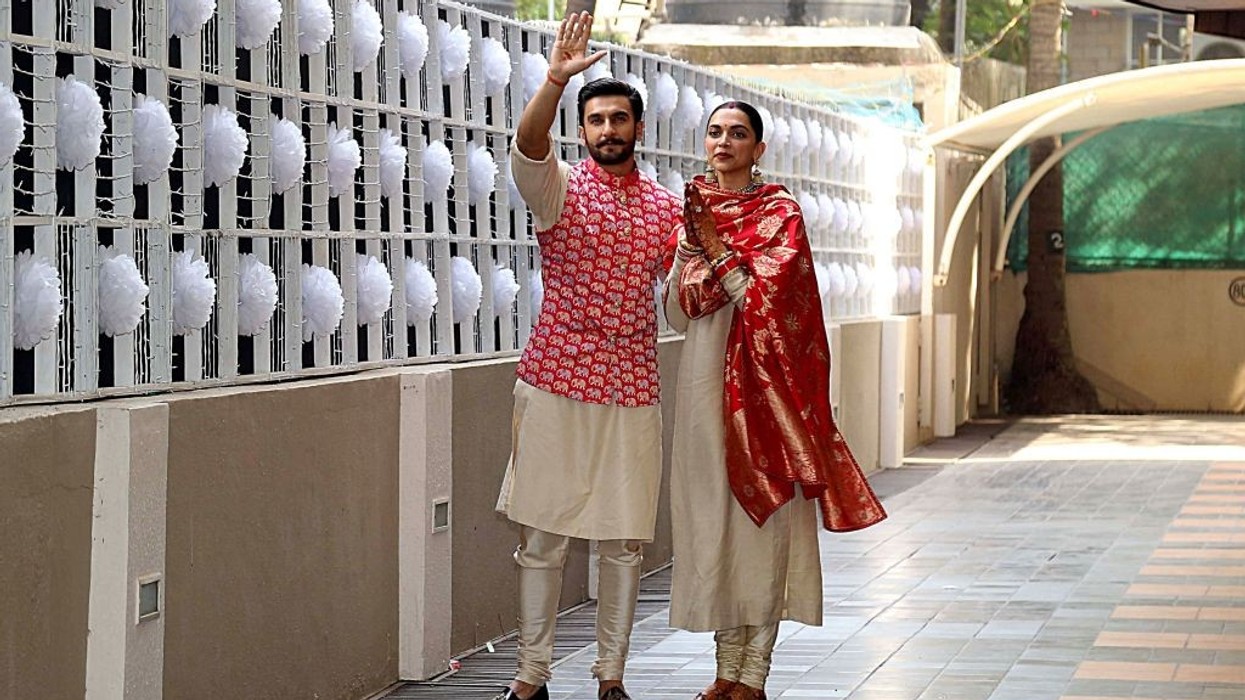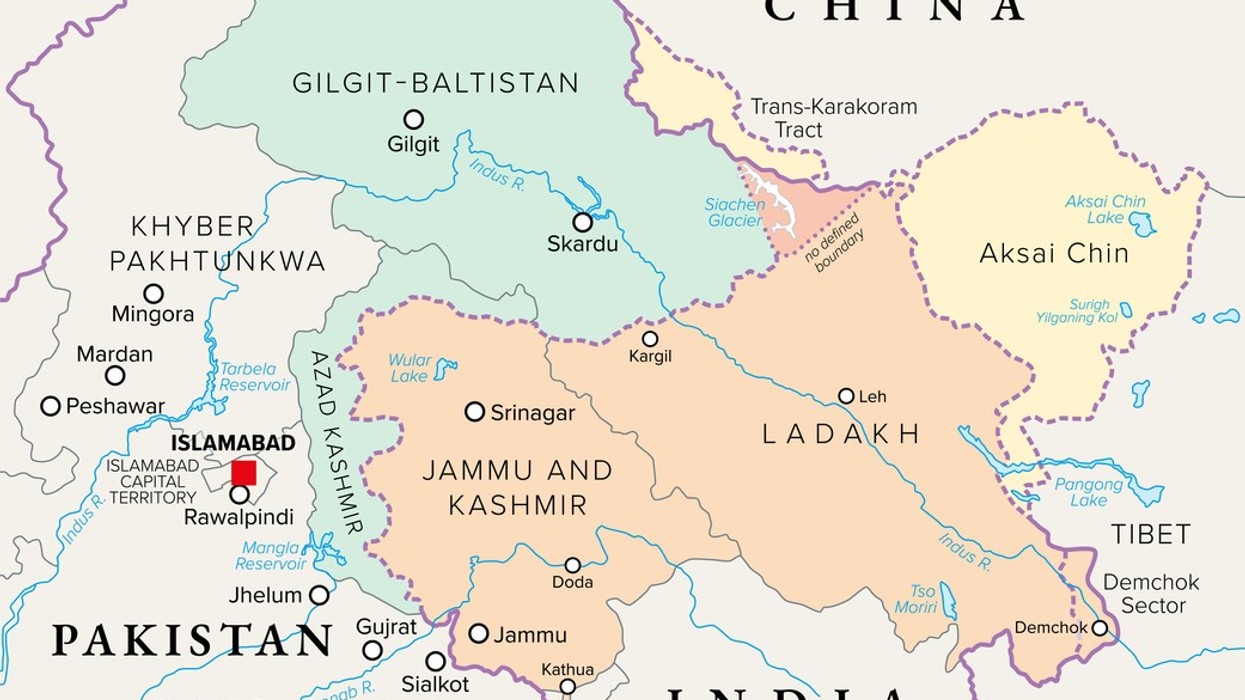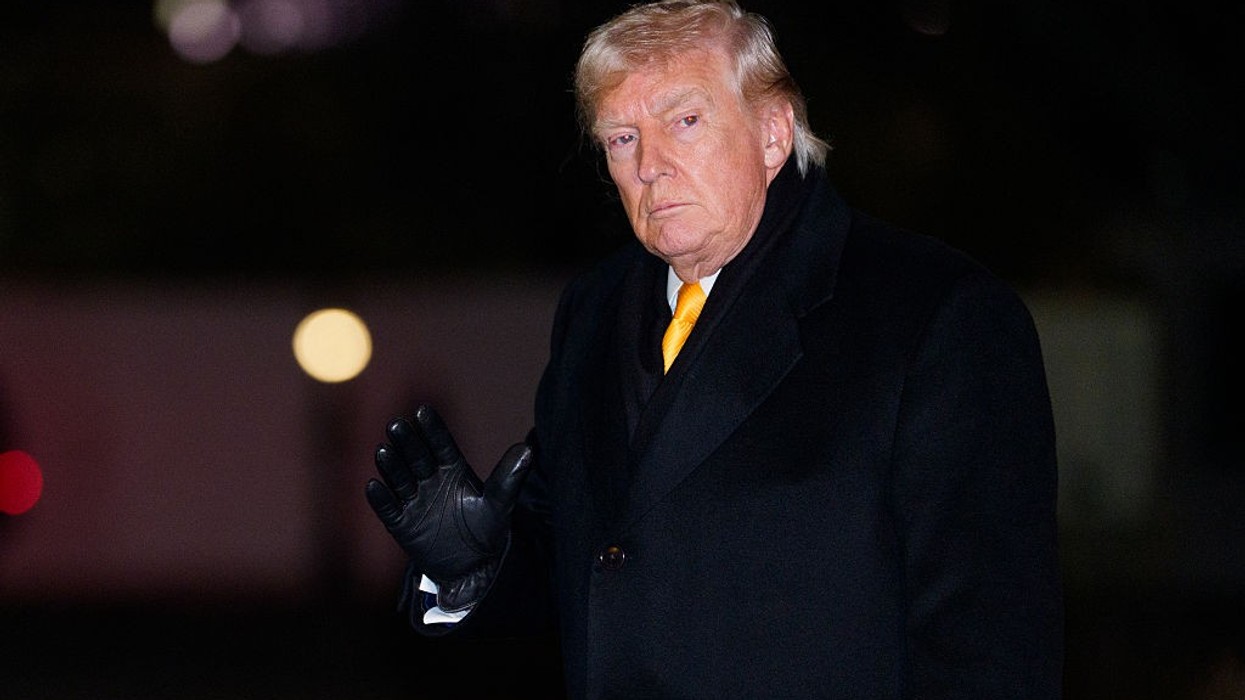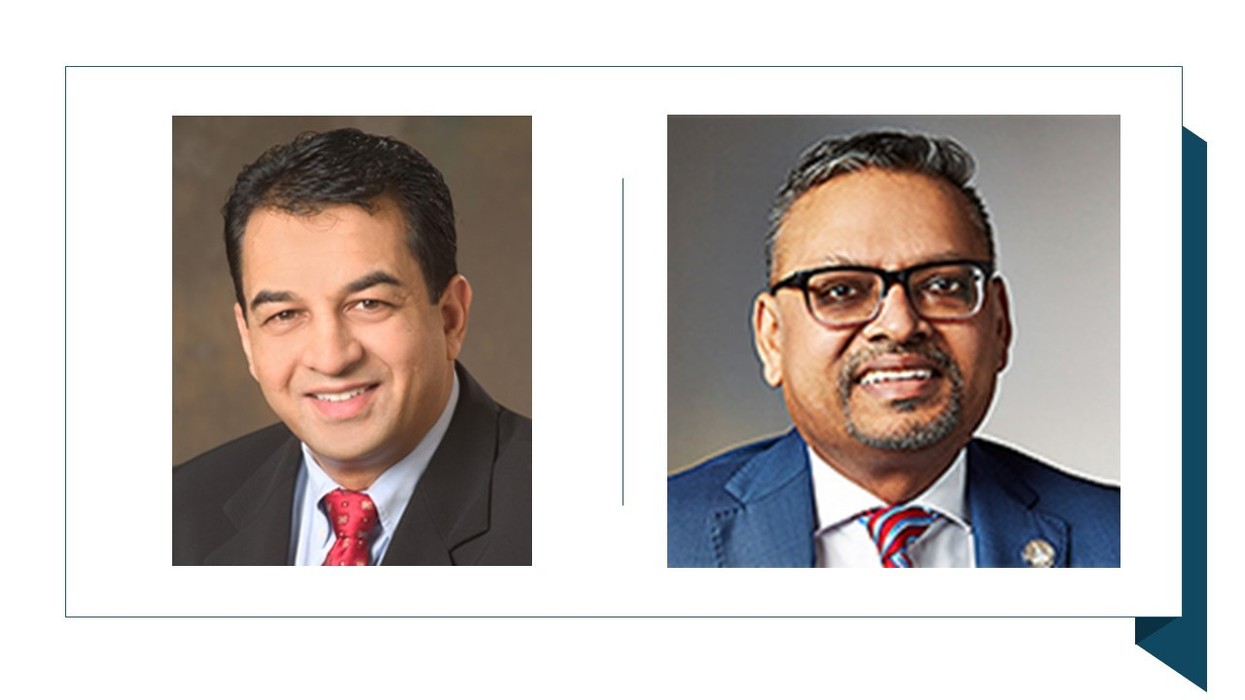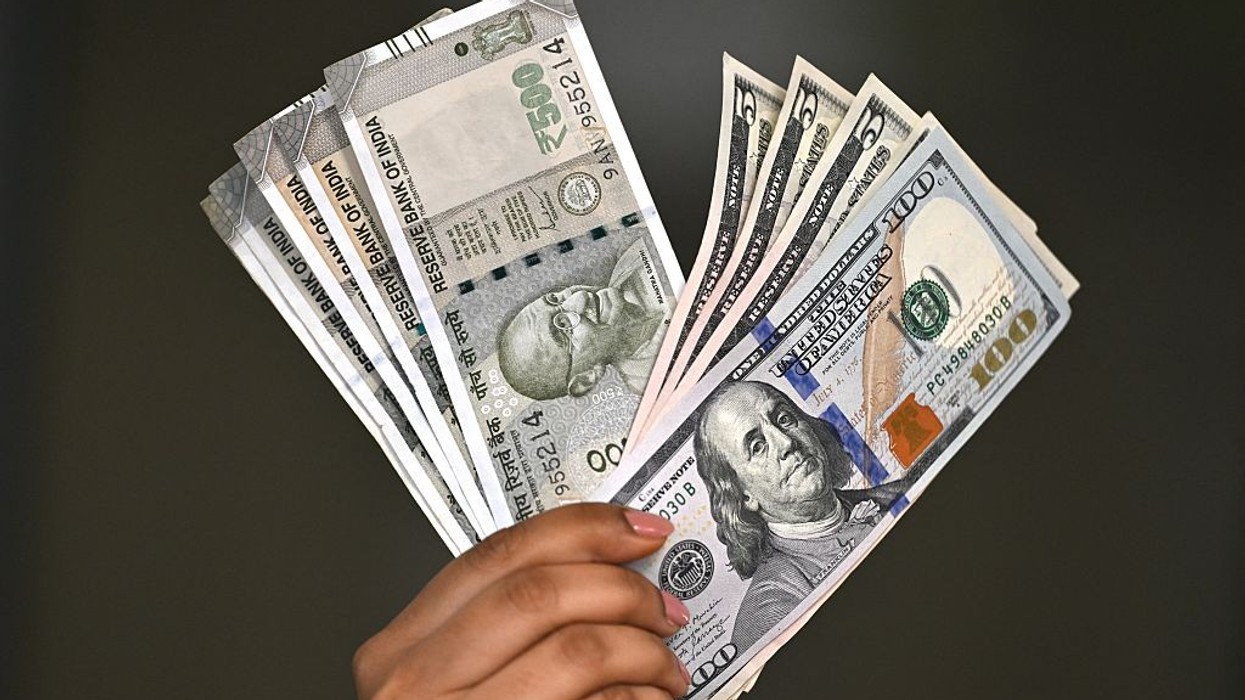Zohran Mamdani is surging ahead in the New York City mayoral race, holding a commanding 20-point lead with 45 per cent support among likely voters, according to a Suffolk University CityView poll. His closest rival is former governor Andrew Cuomo, who is running as an independent after losing the Democratic primary to Mamdani, and stands at around 25 per cent support.
A three-way race
Republican candidate Curtis Sliwa is polling at 9 per cent, while outgoing mayor Eric Adams sits at about 8 per cent after recently dropping out of the race. Mamdani’s campaign is striking a chord with Black, Hispanic, and Asian voters, making him the face of a progressive platform focused on affordability, crime, and jobs. Despite attacks accusing him of being antisemitic or anti-business, his support base remains strong.
The 33-year-old Queens assemblyman has consistently highlighted his independence from wealthy donors and political establishments, positioning himself as an advocate for grassroots voices. With Adams’ withdrawal, the contest is effectively a three-way race between Mamdani, Cuomo, and Sliwa. Cuomo has attempted to cast himself as a centrist alternative, but Mamdani continues to outperform him across nearly every key demographic, especially among voters under 35 and minority communities, where he leads Cuomo by more than two-to-one.
Analysts view the election as a referendum on progressive policies and a test of the city’s political direction in the national climate. Mamdani, the son of acclaimed Indian-American filmmaker Mira Nair, was born into an Indian-Ugandan Muslim family and raised in New York. He often speaks about his family’s journey from East Africa and Gujarat, India, crediting his multicultural upbringing for shaping his commitment to immigrant and minority advocacy.
Mamadani under controversy
The candidate has recently been at the center of controversy over resurfaced remarks about Muslims in Gujarat and his stance on Palestinian rights. In an old video, he stated that after the 2002 riots, “people don’t even believe we exist anymore,” referring to Gujarat’s Muslim population. Critics, including members of New York’s Indian-American community, countered that Muslims still constitute more than 10 per cent of Gujarat’s population.
Mamdani also faced backlash from Jewish groups after remarking that the phrase “globalize the intifada” represented a desire for equality and rights, though he simultaneously called for increased funding for anti-hate initiatives. So far, polls suggest these controversies have not dented his popularity.
Eric Adams' decision
Eric Adams’ decision to bow out of the race has changed the field considerably. “It’s been an honor to be your mayor,” Adams said in a video announcement, according to the New York Post. “I know I cannot continue my campaign… I strongly encourage whoever takes over City Hall to continue what we’ve done.” He did not endorse any candidate and took subtle swipes at both Mamdani and Cuomo, adding, “I want to be clear, although this is the end of my campaign, this will not be the end of my public service. I will keep fighting for our city no matter what because I am a New Yorker.”
Cuomo has responded by escalating his attacks on Mamdani, calling his candidacy “abhorrent” and framing the election as “a battle for the soul” of the Democratic Party. In a Bloomberg TV interview, Cuomo said, “This is a civil war within the Democratic party where the extreme left is pulling the Democratic party and the moderates are afraid.” He added, “The Democratic Party is not anti-business, it’s not anti-police. That’s not who we are,” a statement aimed at distancing himself from Mamdani’s progressive stances—charges that Mamdani has repeatedly rejected.
Cuomo, 67, has also questioned Mamdani’s readiness to govern, remarking, “You wake up any morning, you could have a terrorist attack, you could have another COVID,” suggesting that New York needs an experienced leader. Despite these attacks, Mamdani’s 20-point lead in the polls leaves him well-positioned heading into November’s election.
